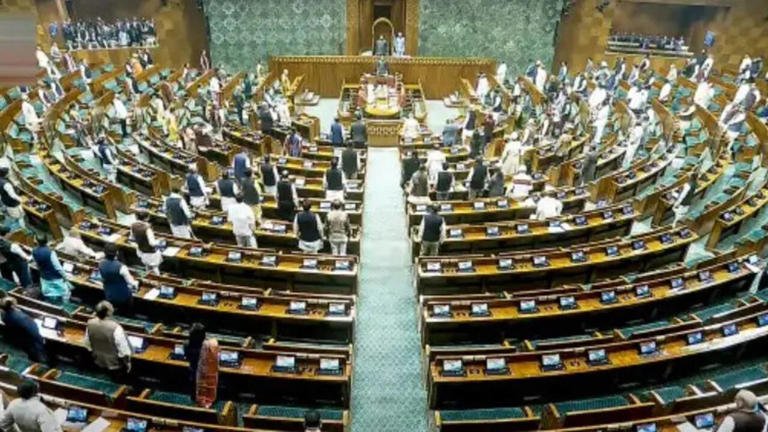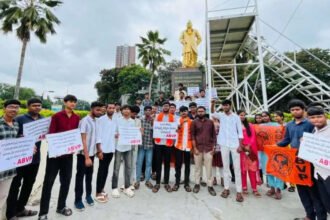The Lok Sabha recently witnessed the introduction of three significant bills aimed at strengthening political accountability in India. These bills, however, sparked heated debates between the ruling and opposition benches. Here’s a detailed breakdown:
1. Constitution (One Hundred and Thirtieth Amendment) Bill, 2025
What It Proposes: This bill introduces a legal framework to remove the Prime Minister, Chief Ministers, Union Ministers, and State Ministers if they are arrested and detained for 30 consecutive days on serious criminal charges (punishable with five years or more). This removal would apply even before conviction.
How It Works:
- For Union Ministers, including the Prime Minister, the President must remove them on the 31st day of custody.
- For Chief Ministers and State Ministers, the Governor has similar powers.
- Once released, the leaders can be reappointed.
Objective: To enhance accountability and prevent leaders facing serious charges from holding high offices.
Criticism: The opposition argues that this bill is draconian and could be misused by governments to target rivals through false arrests, undermining democracy and federalism.
2. Government of Union Territories (Amendment) Bill, 2025
- What It Proposes: Extends similar provisions to the Union Territories. If a Chief Minister or Minister in a UT is detained for over 30 consecutive days on serious charges, they must be removed from office.
- Why It Matters: Aligns Union Territory laws with the new accountability framework applied at the central and state levels, ensuring consistency.
3. Jammu & Kashmir Reorganisation (Amendment) Bill, 2025
- What It Proposes: Amends the Jammu & Kashmir Reorganisation Act (2019) to introduce similar accountability provisions for the Chief Minister and Council of Ministers in Jammu & Kashmir.
- Significance: Ensures uniformity across the country, preventing exceptions in politically sensitive regions.
Current Status
- All three bills were introduced on August 20, 2025.
- They have been referred to a Joint Parliamentary Committee (JPC) for deeper scrutiny before implementation.
- The introduction sparked uproar in Parliament, with opposition MPs tearing copies of the bills during the monsoon session.
| Bill Title | Purpose | Key Provision | Status |
|---|---|---|---|
| 130th Constitutional Amendment | Accountability for leaders in custody | Removal if detained for 30 days | Referred to JPC |
| Govt of UTs Amendment Bill | Extend accountability to UT leaders | Similar removal provision for UT ministers | Referred to JPC |
| J&K Reorganisation Amendment Bill | Apply provisions in J&K | Removal for detained leaders in J&K | Referred to JPC |
Final Note
These bills mark a major shift in India’s political framework, seeking to prevent detained leaders from continuing in power. While the government highlights them as a step toward clean governance, the opposition warns of potential misuse and erosion of democratic safeguards.















